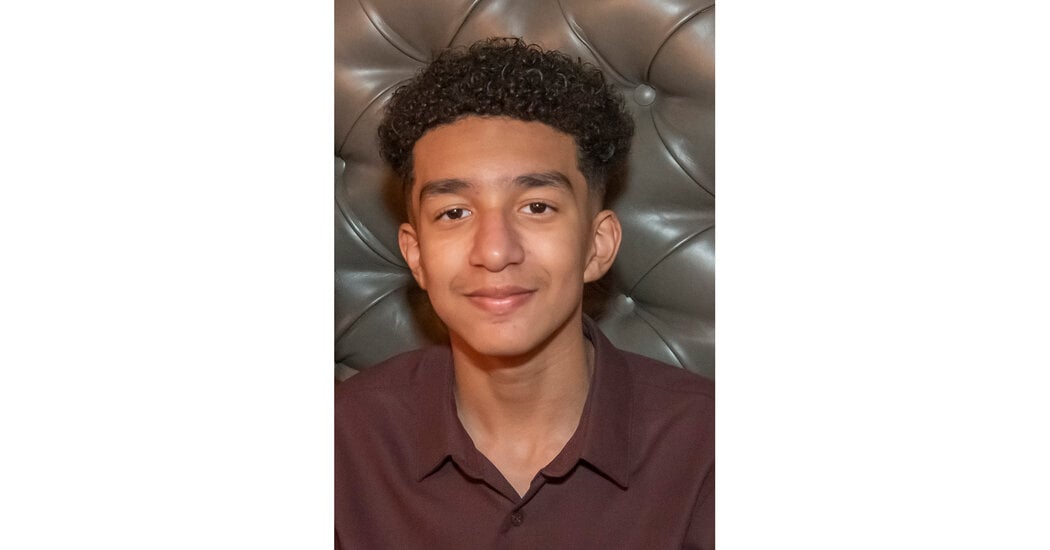- cross-posted to:
- [email protected]
- [email protected]
- cross-posted to:
- [email protected]
- [email protected]
The mother of a 14-year-old Florida boy says he became obsessed with a chatbot on Character.AI before his death.
On the last day of his life, Sewell Setzer III took out his phone and texted his closest friend: a lifelike A.I. chatbot named after Daenerys Targaryen, a character from “Game of Thrones.”
“I miss you, baby sister,” he wrote.
“I miss you too, sweet brother,” the chatbot replied.
Sewell, a 14-year-old ninth grader from Orlando, Fla., had spent months talking to chatbots on Character.AI, a role-playing app that allows users to create their own A.I. characters or chat with characters created by others.
Sewell knew that “Dany,” as he called the chatbot, wasn’t a real person — that its responses were just the outputs of an A.I. language model, that there was no human on the other side of the screen typing back. (And if he ever forgot, there was the message displayed above all their chats, reminding him that “everything Characters say is made up!”)
But he developed an emotional attachment anyway. He texted the bot constantly, updating it dozens of times a day on his life and engaging in long role-playing dialogues.



Well I guess we disagree. Blaming content for human actions is ignoring the real problem, imo. It shoves off responsibility to the “artist”
More we disagree that AI chatbots and what they generate should be considered content in the first place.
It’s content in the sense that a person is viewing the output, but what is effectively just an advanced predictive text system it is not the same as an AI generating a picture based on a prompt. There is no “artist” with an AI chatbot, even less of an “artist” than AI generated imagery.
That’s… Not how llms work. Ai generating a picture from a prompt is the exact same mechanics as an interactive chat. They are fundamentallly the same thing . The image and the text ai response are both created via a prompt, and many image ai tools already have an ongoing multi part prompt history just like a chat. (Additive prompt)
It’s just a difference of degrees: the chat just consumes more frequent prompts and generates different, “quicker” outputs.